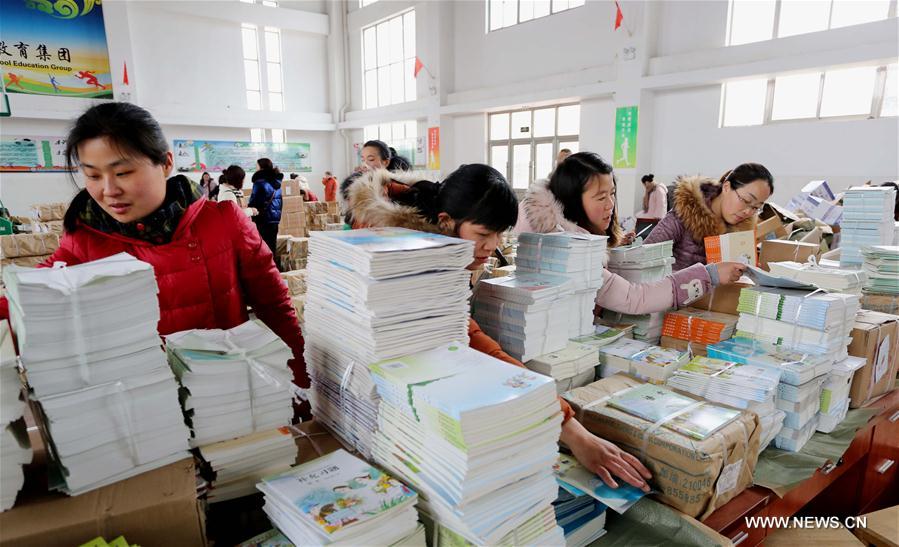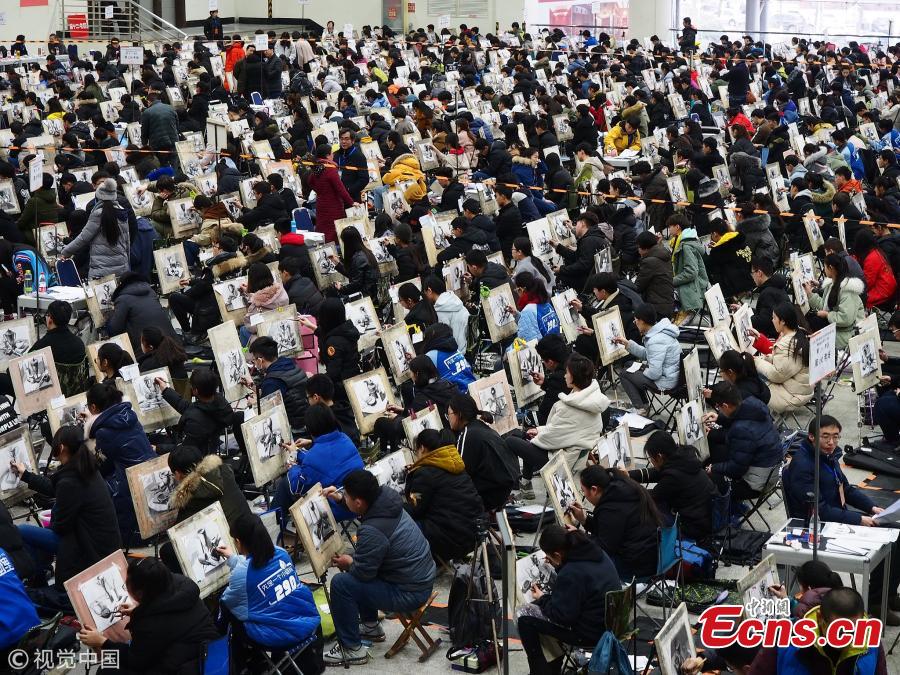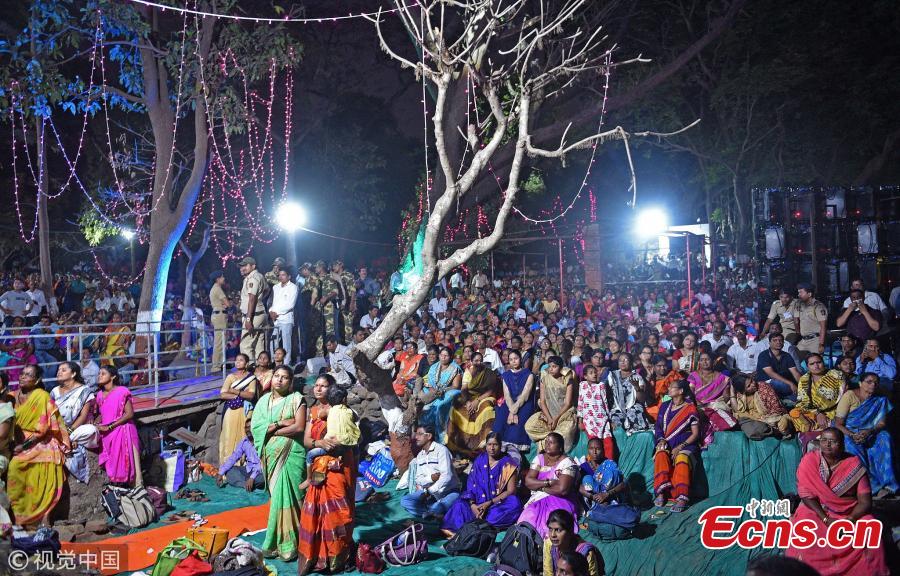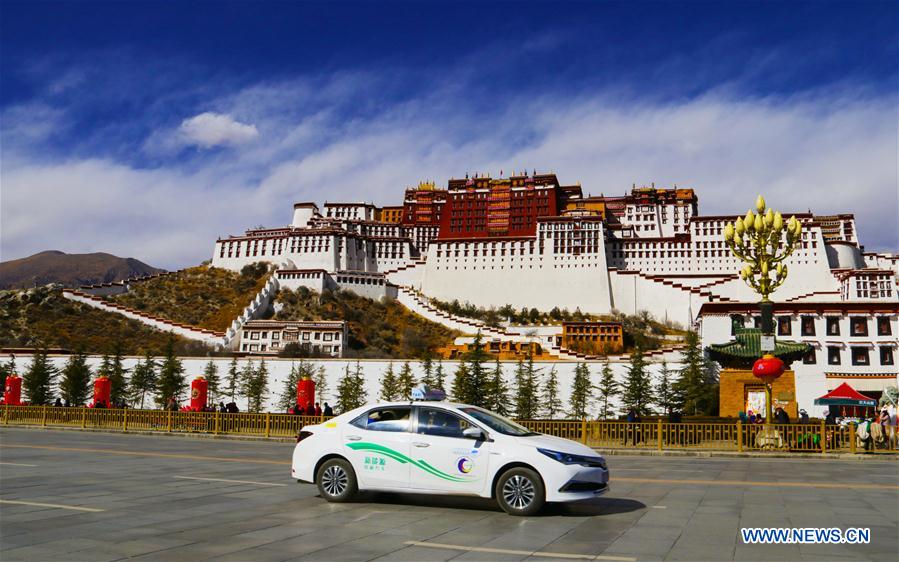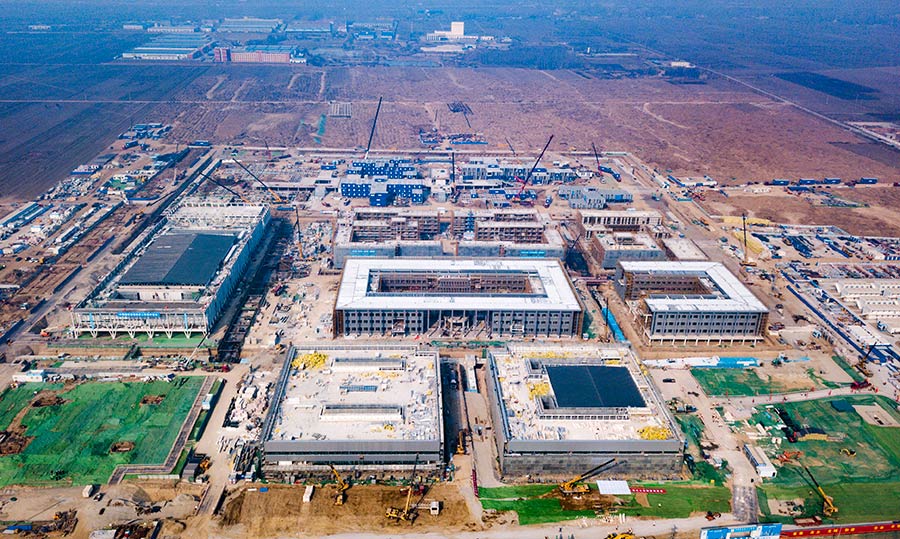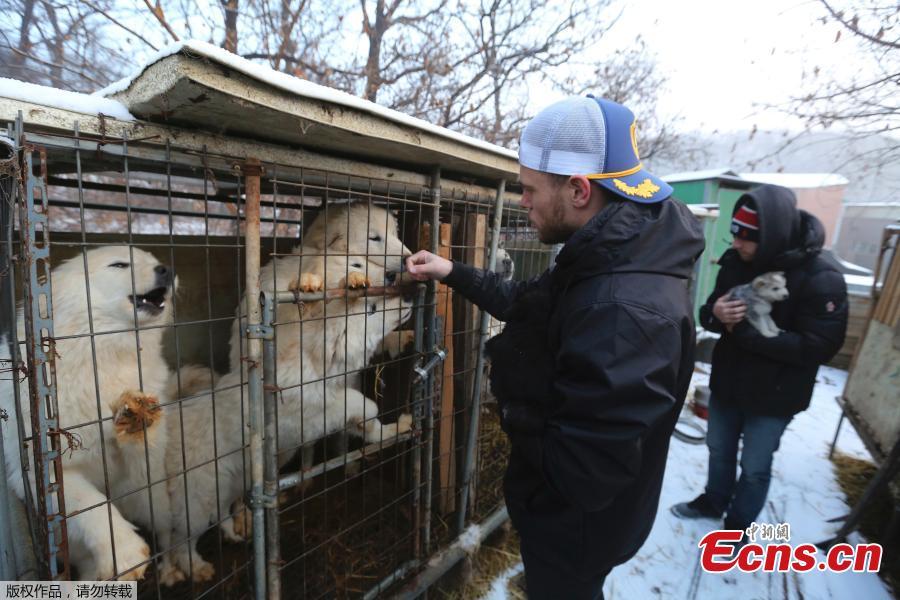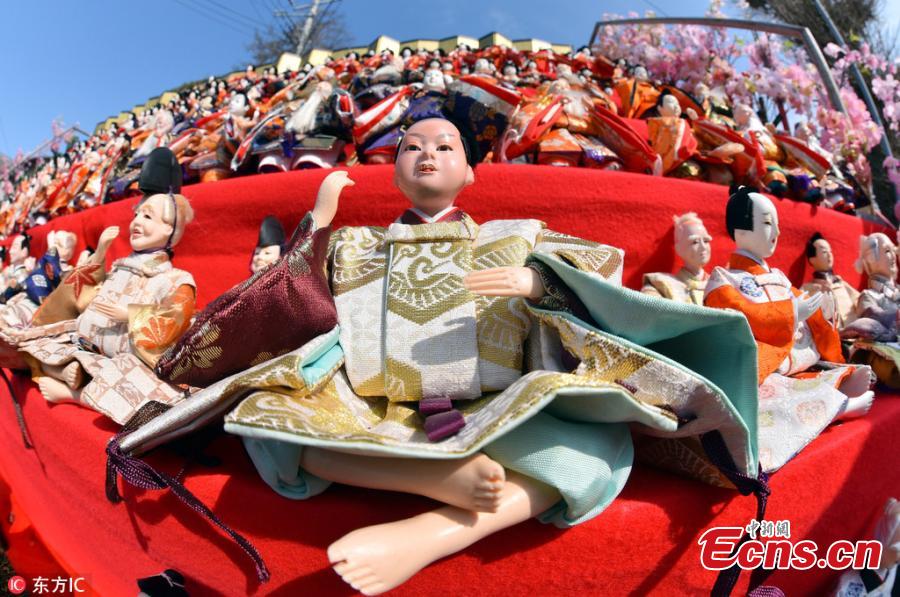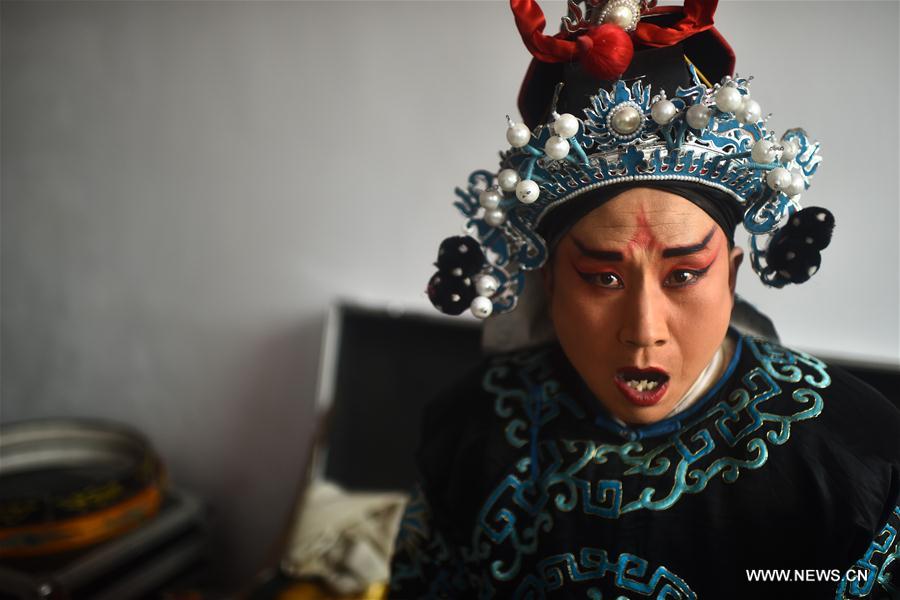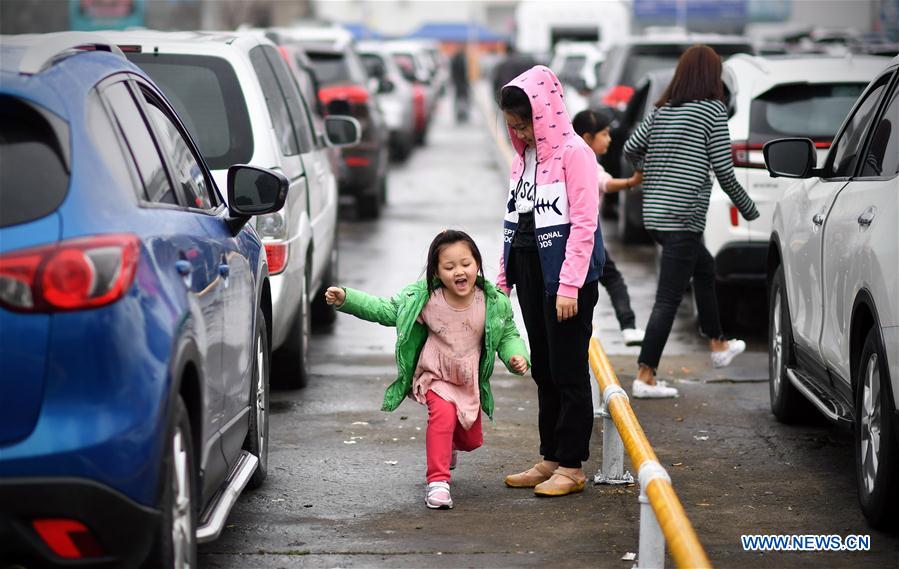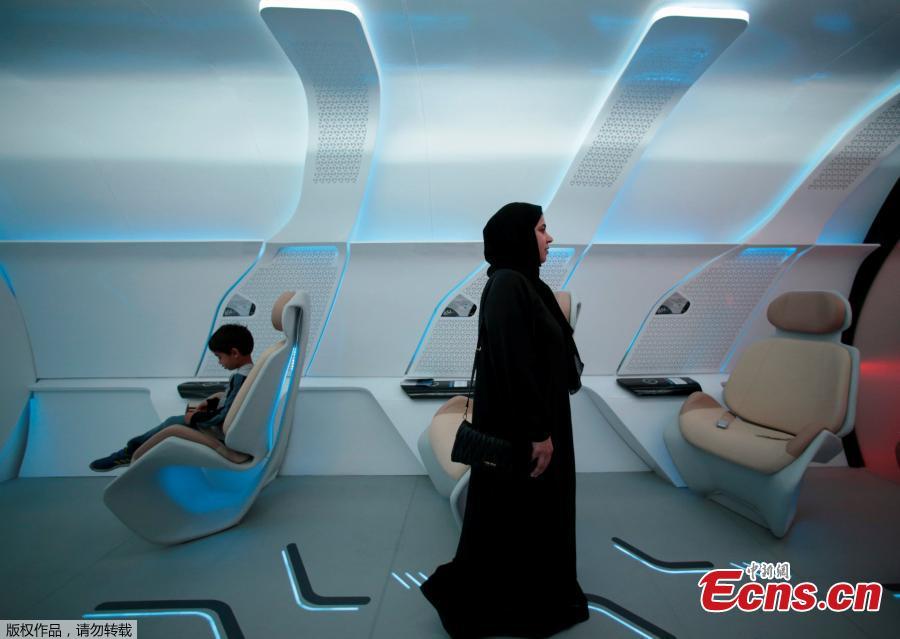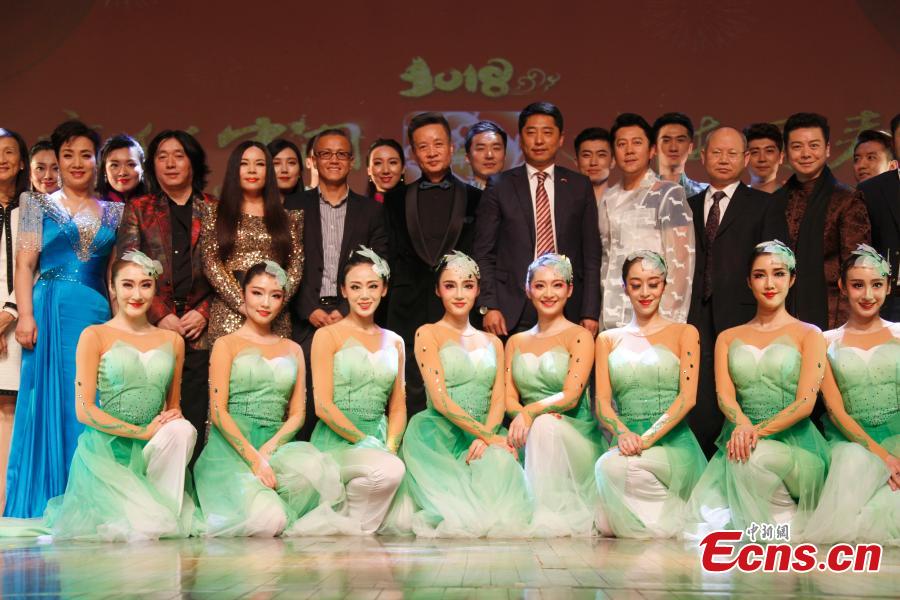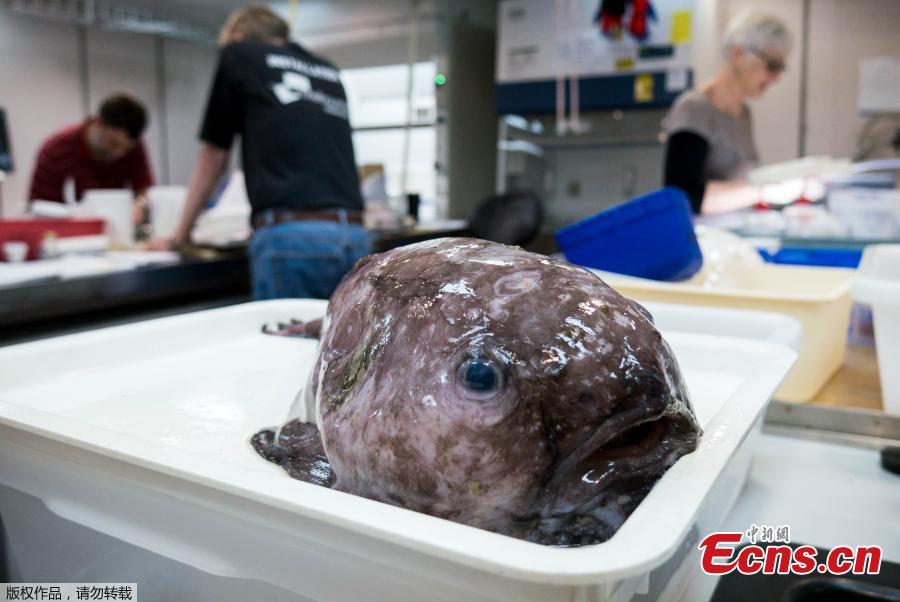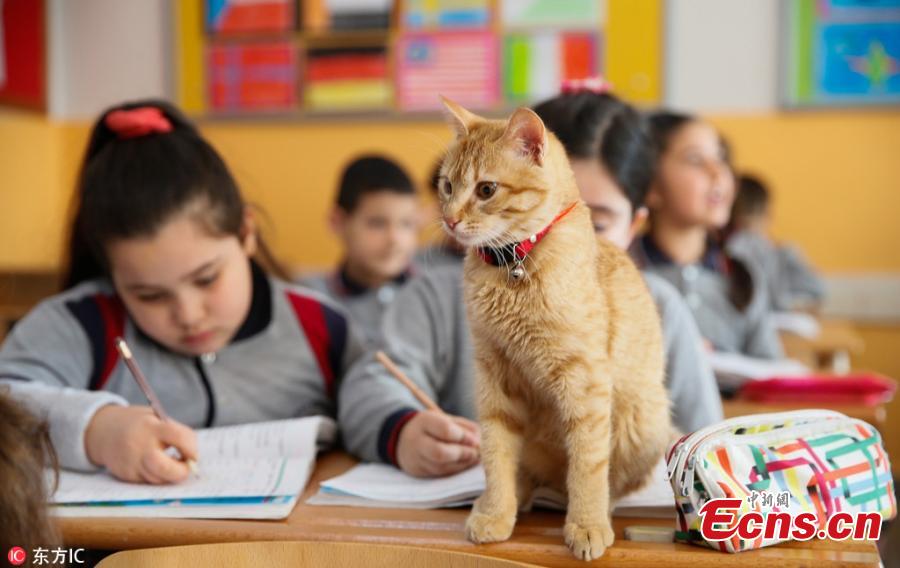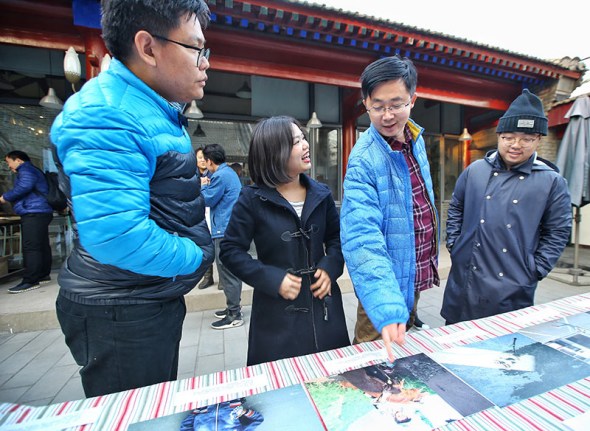
Liu Yuyang (far right) assesses photos by children from rural areas.(Photo by Liu Yuyang/For China Daily)
Reform
China is speeding up reform of the special education system. In 2015, the Ministry of Education designated 37 regions and districts as experimental areas for national special education reform, supporting them with policies, funding and special projects.
In May, the government released revised regulations on the education of people with disabilities, making general education the main method, with special education as a complementary activity. This means more disabled children will attend regular schools and special education teachers will provide assistance to them.
Yet challenges still remain. Teachers at regular schools often express concerns about the extra responsibility of taking on disabled children.
"Any little accident that hurts these children will result in serious complaints and warnings from their parents. You know, it is quite normal for children to run around, but what if these disabled children get hurt?" said one teacher, who preferred not to give his name.
Between 2009 and 2015, Save the Children managed to pilot inclusive education projects at primary schools in the provinces of Sichuan and Yunnan, and in the Xinjiang Uygur autonomous region. The programs saw special schools transformed into resource centers, providing training for teachers and parents.
Now, the NGO is working to encourage more teachers from special schools to reach out to disabled children in regular schools and cooperate with the teachers in those establishments.
Wang said teachers should empower students by providing respect and support, and recalled the support she had at school one winter day.
"The snow was nearly knee-high. My PE teacher worried about me so much that he proposed carrying me home on his back. But my class director offered to walk me home. So we stumbled all the way back home hand-in-hand, taking much longer than usual."
To eliminate discrimination and raise public awareness, Wang called on both teachers and socially aware experts such as Liu to run mixed classes in schools.
"I believe that in the near future the sight of disabled and nondisabled children sitting in the same classroom will become as normal and simple as when girls and boys began to attend the same schools a century ago," she said.









